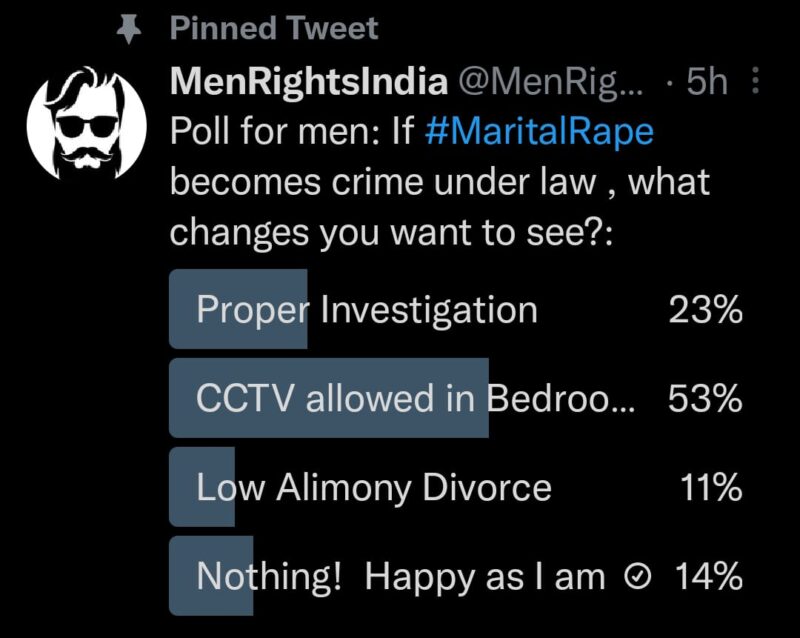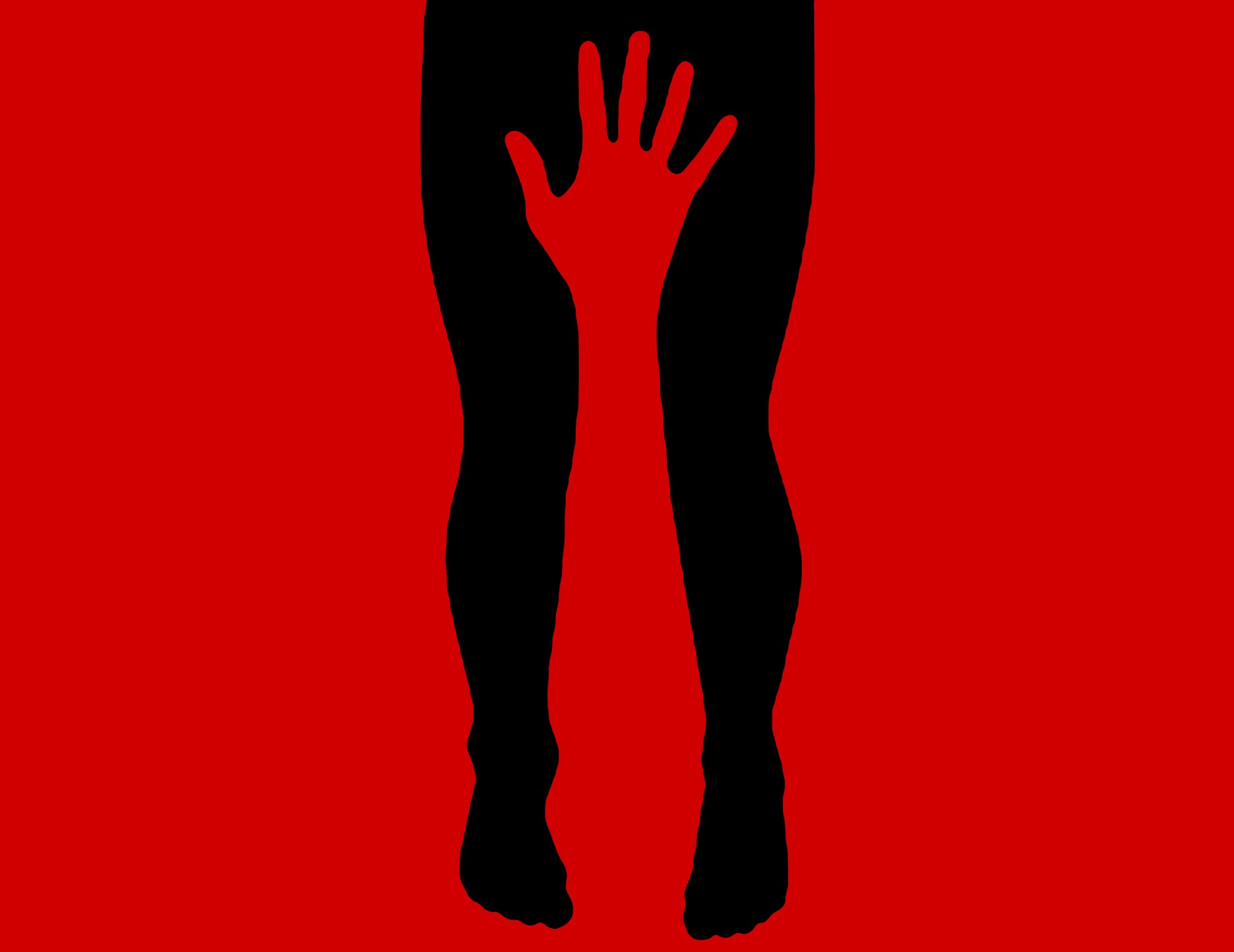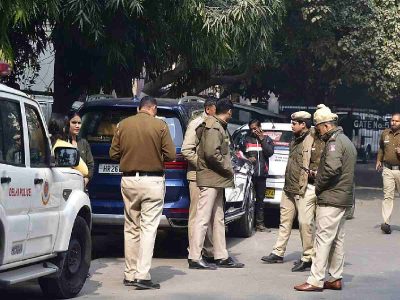The verdict that was due today at 2:15 pm has seen yet another neutral stand from the bench of judges who were presiding over the case. While one of the judges, Rajiv Shakdher has ruled in favour of striking down the IPC provision criminalising marital rape, another judge, Hari Shankar, does not think that it violates any law. The matter has now been referred to the Supreme Court for further procedure.
Several groups have been advocating the criminalisation of marital rape. In 2017, the central government had expressed its disapproval of a law criminalising rape within marriage, saying “India cannot blindly follow the West..as several factors have to be taken into account.”
The advocates of criminalisation say that a woman’s consent to marry a man cannot be taken as agreeing to sexual obligations, as this sounds ancient and bizzare to many, especially in the West. To think that there is scope for bargaining is even worse. To get a sense of public opinion on the subject, Patriot took a look at the many Twitter posts doing rounds and talked to people on both sides of the debate.
Many users are scoffing at the very concept of rape in marriage. Others are seen arguing against criminalisation on the grounds that many husbands will be falsely implicated.
“If marital rape law is passed today, Will hon’ble delhi high court be kind enough to provide a portal where men & women both can register their consent everytime before having sexual intercourse to avoid false allegations of marital rape in future? #MaritalRape @MensDayOutIndia”, says user Anupam satirically.
Many believe that claims of marital rape must be inspected thoroughly so as to avoid the possibility that a man is falsely accused of rape by an “innocent or not-so innocent wife.”
Those who are against criminalisation cite the argument that husbands are often falsely implicated for alimony and financial benefits.
One such tweet by Dinesh Kumar Vishwakarma says: “Well-educated women who expect alimony are first a burden on their mothers and fathers, then on their husbands and then on the entire society.”
Patriot talked to Vivek Deveshwar, author at the MenrightsIndia.in, a platform advocating for protection of men from being falsely implicated in cases of abuse and exploitation. He says, “Marital rape can be there. So our standards are to make the laws gender neutral, if you recognise it. The whole problem is that if a husband goes to a police station, he is laughed at. If he says that he is beaten by his wife, he is laughed out of the police station. And many men have committed suicide.”
He gives the example of a man who took his own life, before which he made a video explaining his act. “So what we are saying is the Domestic Violence Act provides no protection for men. Why is this only a one-sided discussion?”
The platform is conducting a survey on their Twitter handle which says, “Poll for men: If #MaritalRape becomes a crime under law, what changes do you want to see?” The options to select from are: Proper Investigation, CCTV allowed in Bedrooms, Low Alimony Divorce or Nothing! Happy as I am. So far, more than 50% of the respondents prefer that bedrooms should have CCTV cameras to record evidence if needed in future.

Deveshwar believes that the judiciary must rule in favour of a gender-neutral law which gives power to both men and women to file a complaint against harassment and abuse and be taken seriously. He believes that true gender justice can only be given if men and women are given equal rights to register cases of domestic abuse.
Justice Rajiv Shakdher held that Exception 2 to Section 375 (which prescribes the marital rape exception) is “violative of Articles 14, 15, 21 of the Constitution and hence must be struck down”.
As per Anvita Goel, a young resident of Delhi NCR who is studying law in the capital, “The confused stand of courts just aggravates the suffering of millions of women. The exception to the status of married women is unconstitutional indeed. The nature of the relationship does not change the crime committed.”
She adds, “Assuming consent by the virtue of being married is essentially putting a married woman on a lower pedestal than other women and hence is an unreasonable classification. Unless the Supreme Court empowers women through law and strikes down this provision, scores of women might accept their abuse as a grim reality.”
For more stories that cover the ongoings of Delhi NCR, follow us Instagram: https://www.instagram.com/thepatriot_in/
Twitter: https://twitter.com/Patriot_Delhi
Facebook: https://www.facebook.com/Thepatriotnewsindia





